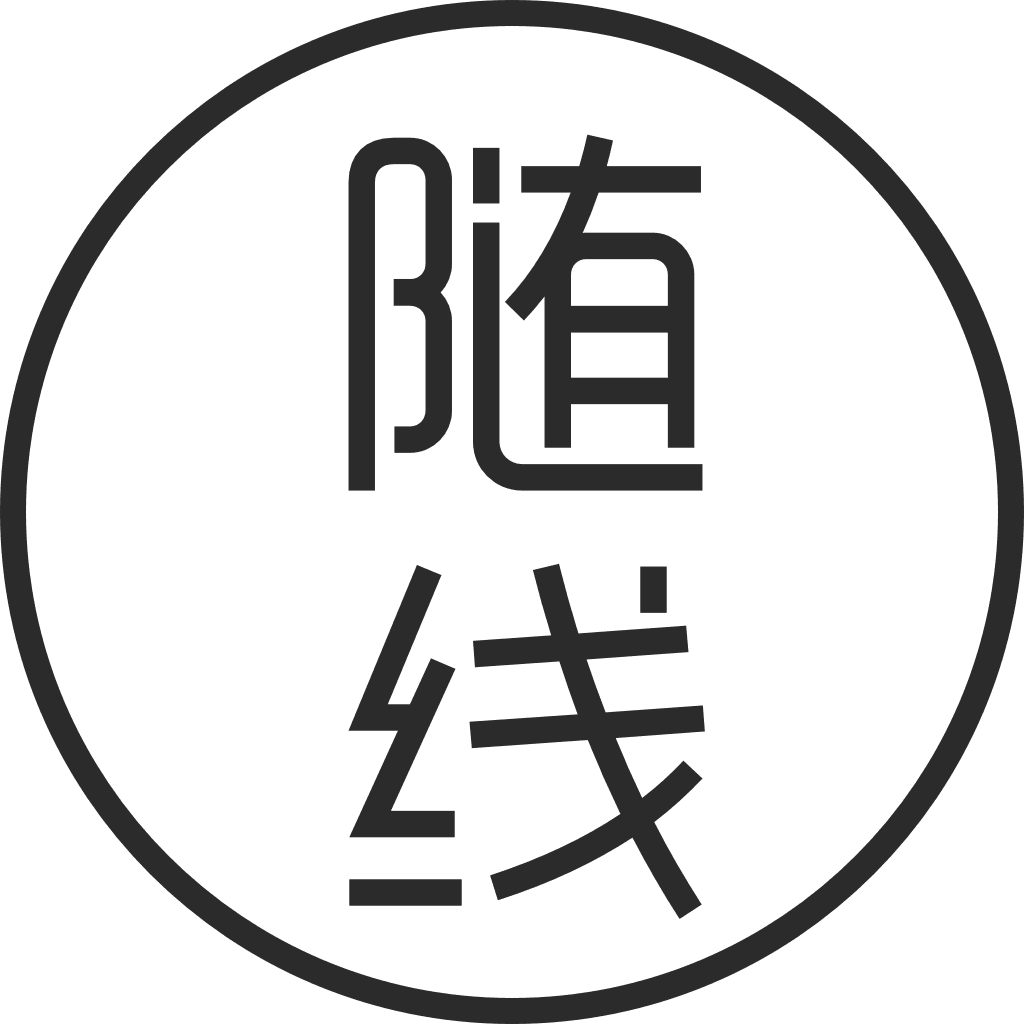Adj. 1) Impossible to repress or control.

“Chat rooms monitored. Blogs deleted. Websites blocked. Search engines restricted. People imprisoned for simply posting and sharing information. The Internet is a new frontier in the struggle for human rights. Governments – with the help of some of the biggest IT companies in the world – are cracking down on freedom of expression.”
I’m not usually much of a fan of Amnesty International but their initiative to highlight and combat Internet repression seems like a just cause. The whole situation goes beyond just the governments conducting the censorship but also includes the western companies which help build the tools and systems to actually enable this (Cisco, Google etc.). The Internet was designed as a platform without borders – this is something everyone should be worried about.
Why not get on board and be irrepressible?

Reply